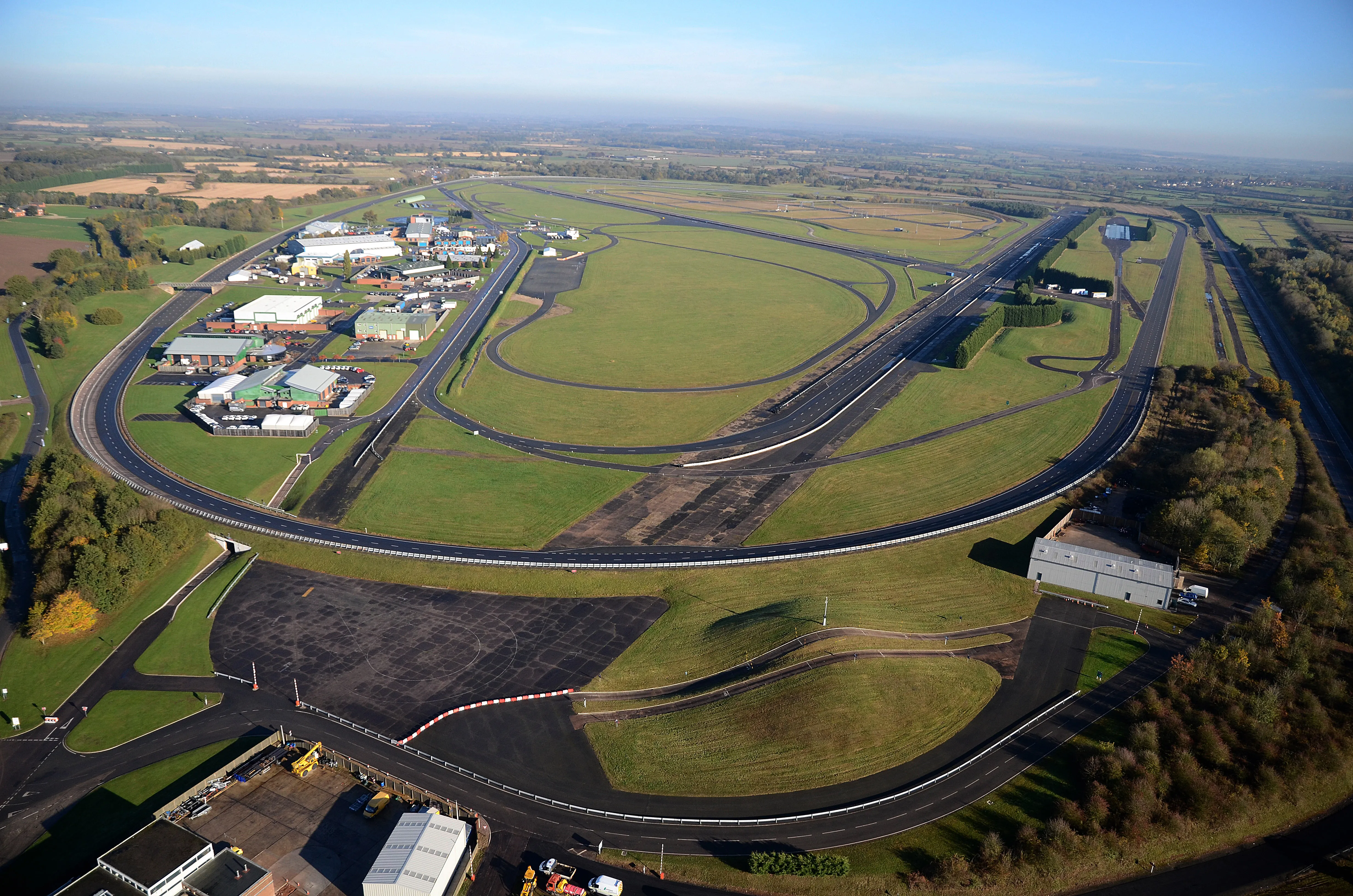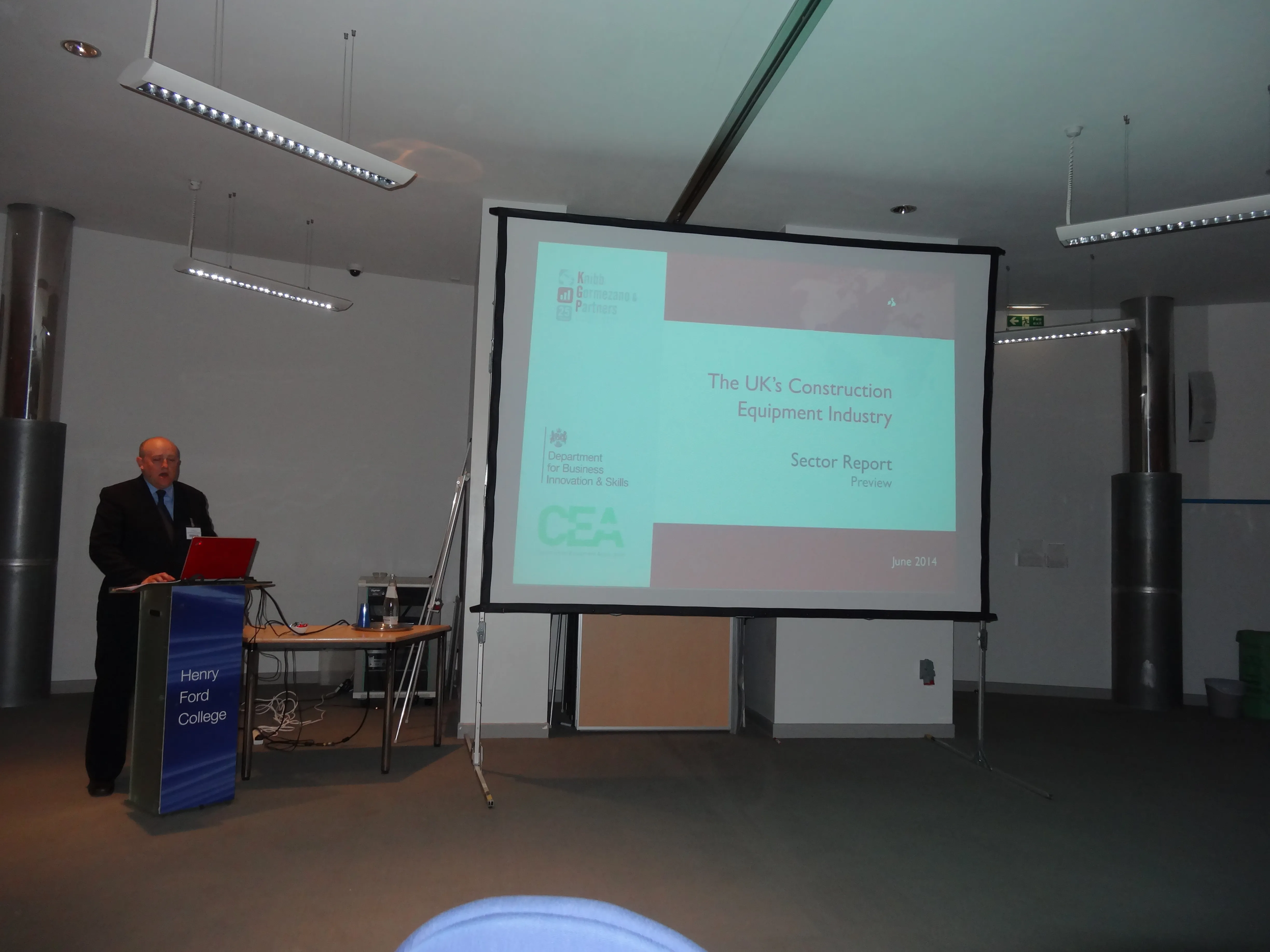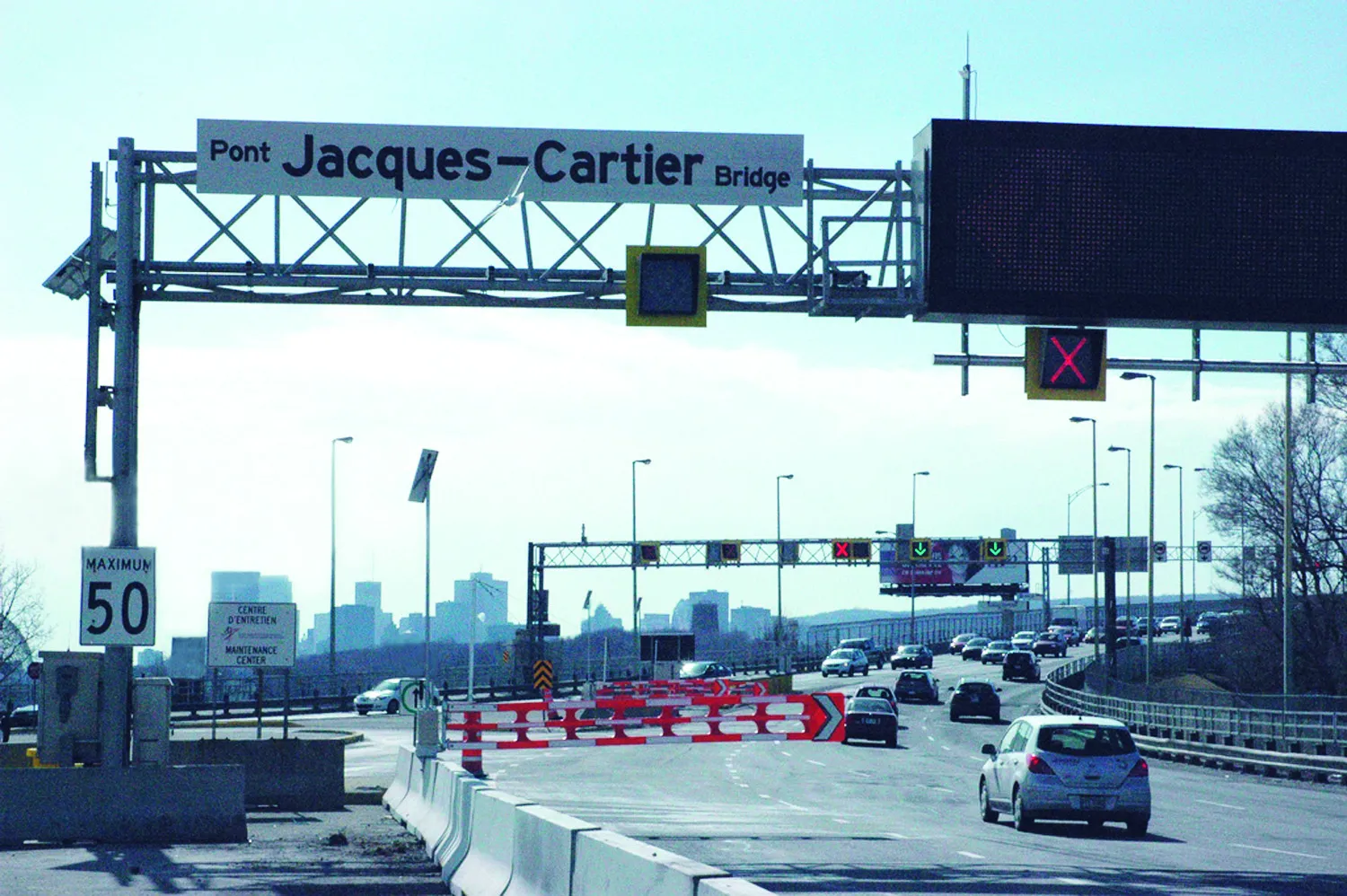MIRA Technology Park in central England has reached the first milestone in its aim to become Europe’s most advanced independent transport technology facility - with the successful completion of its Control Centre.
The 3,998m² building, representing a US$9.52 million (£6mn) investment and opened last week by the Rt Hon Dr Vince Cable, Secretary of State for Business, Innovation and Skills, is the first new building completed since the technology park was granted Enterprise Zone status in August 2011.
November 14, 2012
Read time: 3 mins

The 3,998m² building, representing a US$9.52 million (£6mn) investment and opened last week by the Rt Hon Dr Vince Cable, Secretary of State for Business, Innovation and Skills, is the first new building completed since the technology park was granted Enterprise Zone status in August 2011.
The site has already attracted a number of high profile international businesses. The arrival of Bosch Engineering, Lockheed Martin, Ashok Leyland, Norgren and Triumph Motorcycles, who have all have taken secure facilities on the 830 acre technology park, was announced during last week’s control centre official opening.
Peter Fouqet, Bosch UK president, said: “Bosch engineers located in the Midlands will help transfer knowledge, skills and expertise, to provide a dedicated Bosch engineering service solution for customer research and development projects in the UK.”
Terry Spall, MIRA Technology Park commercial director, said: “When we first announced the development of the MIRA Technology Park in October 2010 we, and all parties involved, were very clear about its potential to create jobs and attract business investment to the region.
We are delighted to be able to now announce the arrival of these high calibre businesses who, by being based here at the Technology Park, are literally placing themselves in the geographic heartland of the UK’s automotive industry.”
Since 2010 a total of 188 technology related jobs have been created as a result of the development, and a further 145 jobs are due to be created in 2013. The aim is to create up to 2,000 jobs in the Technology Park’s first ten years (by 2020), and continue to build on the success of the Control Centre. A planning application for the second development, a four store office building, has already been approved.
Business Secretary Vince Cable said: “The opening of MIRA’s Technology Park is excellent news for the Midlands. It has the potential to become Europe’s largest independent transport research and development (R&D) cluster. Enterprise Zone status has helped MIRA to attract high profile names in industry to use the Technology Park as an engineering base.
“I’m determined to support investment in R&D because it is central to ensuring we can attract advanced manufacturing companies and create more highly skilled jobs here in the UK.”
Formed in 1946 as the government funded Motor Industry Research Association, MIRA is now known for being a comprehensive transport engineering solutions provider to the automotive and defence industries as well as engineering smart solutions for future transport technologies.
Dr Geoff Davis, MIRA business development director, said: “As our track record over the past 3 years has shown we are an increasingly successful business with ambitious plans. Those plans include becoming Europe’s most advanced independent transport technology solutions provider, and the MIRA Technology Park is an integral part of those plans.”








